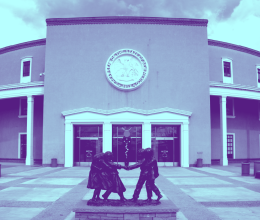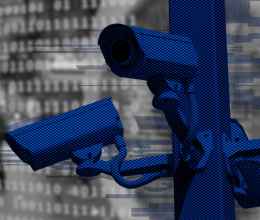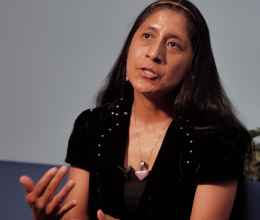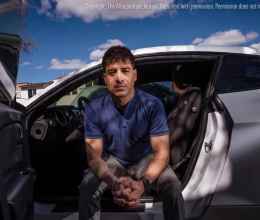From my earliest memories, police brutality and misconduct have been a part of my life. Before my 12th birthday, I witnessed two fatal police shootings that left black men dead. And in my more than 20 years in Albuquerque, I myself have experienced excessive force that left me struggling to breathe and fearing for my life. I survived these encounters, but many other Black people have not.
While many Americans will never experience the sort of police violence that recently took the lives of George Floyd and Breonna Taylor, this brutality is a daily reality for Black, Native, and other marginalized communities.
New Mexico is certainly not immune to these brutal and racist currents within our system of policing. In 2014, our city watched in horror as Albuquerque Police officers shot and killed (murdered) James Boyd, an unhoused man whose only crime was camping on public land. Last summer, three Bernalillo County Sheriff’s Department deputies shot Elisha Lucero, a 4’11’’ woman struggling with mental illness, 21 times. On Memorial Day weekend 2019, a New Mexico State Police Officer brutalized Dametrio Maldonado, an Acoma man who had done nothing but call 911 to report a car accident he witnessed. Just a few months ago, we watched body-worn camera footage showing a Las Cruces police officer strangle Antonio Valenzuela to death following a traffic stop.
New Mexico is certainly not immune to these brutal and racist currents within our system of policing.
Watching Black, brown, Native, disabled, and other marginalized people abused and murdered over and over again by police officers has led millions of Americans to take to the streets in recent weeks, demanding change to a policing system that has caused irreparable harm to our communities here in New Mexico and across the nation.
But the big question is: what will that change look like?
We can start by demanding elected officials and policymakers implement reforms that ban police officers from issuing fines or making arrests for a range of non-serious offenses. This would eliminate the unnecessary interactions between police and community members that have been the catalyst for so much violence and death.
Second, we can pressure local and state governments to reinvest some of the resources that are currently spent on armed police officers. That money could then be used to fund mental health professionals and other non-militarized specialists who could respond to calls for service in appropriate situations.
We can pressure local and state governments to reinvest some of the resources that are currently spent on armed police officers.
Third, we can pass statewide legislation that requires law enforcement officials to use the minimum amount of force necessary to bring a situation under control and mandates body-worn cameras to make it easier to hold law enforcement officials accountable for use-of-force policy violations. And we can remove legal protections, like qualified immunity, that make it hard to sue individual police officers when they deprive people of their constitutional rights.
We are at a pivotal moment in our nation’s history, and we must not let this opportunity to act pass us by. The tragic killings of James Boyd, Antonio Valenzuela, George Floyd, Breonna Taylor and the countless other lives lost to law enforcement brutality are testament to our urgent need for swift and transformational change. We must finally reckon with our broken system of policing and build better institutions that respect and protect our communities the way they deserve.




